Salal is a dense, robust, thicket-forming subshrub or shrub, from 1-4 ft. high, with erect or spreading, intricately branched stems which can root when reclining. The large, leathery, evergreen leaves are round to oval in shape and dull green becoming reddish in winter. A shrub-like plant with spreading or erect, hairy stems, often in large dense patches, and whitish to pale pink, urn-shaped flowers hanging along reddish or salmon racemes in upper leaf axils. Pendent, pink, urn-shaped flowers occur in racemes and are followed by dark-blue berries. Description from wildflower.org
Home > Plant Guide >
Scientific Name
Family
Garden Type
Wildlife
Native Plant Region
Light needs
Water Needs
Plant Type
Bloom Color(s)
Height
Width
Months in Bloom
Safe Beneath Power Lines?
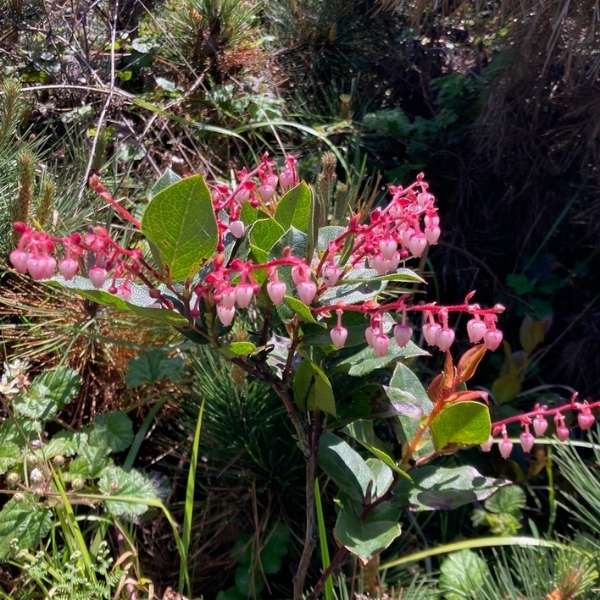
We’d like to maintain accurate and robust plant listings. If you see information that is not correct or that could be added to improve the listing, please let us know. Or if you’d like to suggest a plant to add to our plant guide, you can use this form do so. Thank you!
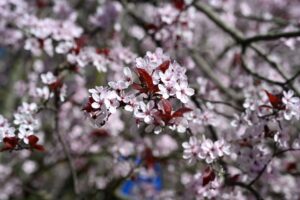
Gardeners can check out seeds for free from the library to plant. Then after harvest, gardeners bring seeds back to the library for others to enjoy in future growing seasons.

Get involved by sharing and mapping the birds, animals and nature around you to help the community understand the biodiversity in our neighborhood.
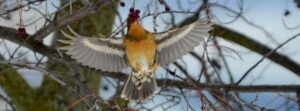
Take a virtual trip across Capitol Hill to learn about urban habitat types, how to identify the unique birds they support, and what we can do to make the neighborhood a safer place for them to live.

Gardeners can check out seeds for free from the library to plant. Then after harvest, gardeners bring seeds back to the library for others to enjoy in future growing seasons.
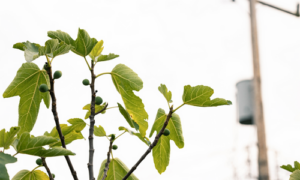
Learn about the diversity in pigeon populations in the United States and the implications of this variability on the species.
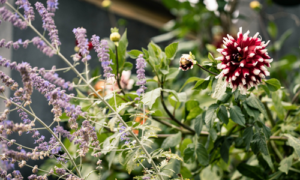
Learn about container gardening with shrubs, trees, herbs, veggies, perennials, and annuals. A special focus will be on plantings that provide pollinators with food and that encourage bird habitat.
Nature of Your Neighborhood is a collaboration between Birds Connect Seattle, the Capitol Hill EcoDistrict, and the Seattle Bird Conservation Partnership. Our goal is to foster relationships between the people and the nature of their neighborhoods.